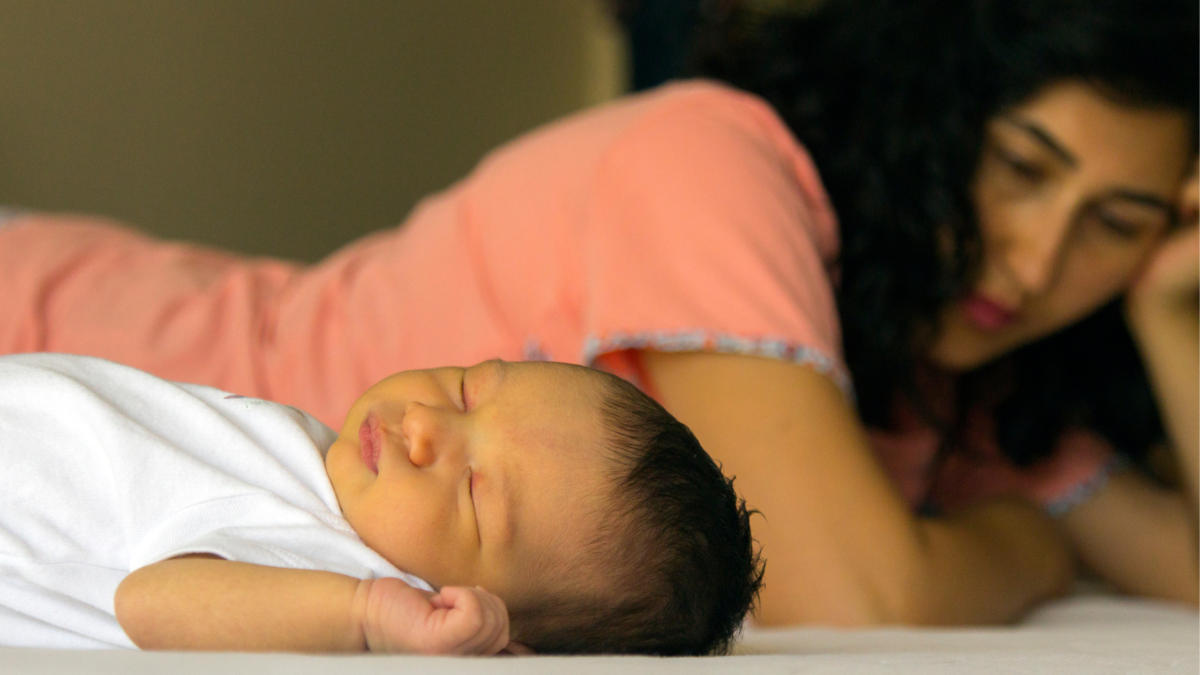Does PCOS Change After Pregnancy?

3 Most Important Questions to Ask at Your First Prenatal Visit
December 16, 2022
How Painful Is Childbirth?
January 16, 2023Polycystic ovarian syndrome (PCOS) is a health condition that affects up to 20% of women of childbearing age. Although the exact cause of PCOS is unknown, many researchers believe that PCOS is caused by an increase in hormones referred to as “androgens.”
Women diagnosed with PCOS often find it challenging to conceive, and those with children are more likely to experience complications after pregnancy. But do the symptoms of PCOS shift once a woman has borne children? Read on if you would like to know more about PCOS after pregnancy.
PCOS After Pregnancy: What Should You Expect?
Although many expectant mothers believe their PCOS symptoms dissipate postpartum, this couldn’t be further from the truth. PCOS can cause after-the-fact complications for the child and the mother. Additionally, mothers with PCOS may experience difficulties breastfeeding. If you have PCOS, you may experience these complications after giving birth.
Increased Weight Gain
Since PCOS affects a woman’s hormones, women with PCOS may struggle with excessive weight gain upon giving birth, so you may need to pay close attention after labor. Of course, all mothers need to maintain a healthy diet. However, new mothers with PCOS must stick to a healthy diet full of vegetables, fruits, proteins, and healthy fats. The proper diet will make it easier to bounce back to your normal weight. If you’re unsure where to start, discuss your diet with your healthcare provider to ensure that you’re on the right path.
Hormonal Imbalance
When you’re pregnant, your hormone levels increase drastically. As a result, many women with PCOS discover that their hormones are even more out-of-whack than before their pregnancy. After you give birth, your estrogen and progesterone levels will decrease just after delivery. However, you may not notice it at first because your body will release oxytocin.
The first few weeks postpartum will be emotionally draining because you’re adjusting to the lack of sleep and the trials of becoming a new mother. Your hormone levels will rise about three months after giving birth. Hopefully, your hormone levels will stabilize at this point, and you will feel like yourself again. However, keep in mind that many new mothers with PCOS experience severe postpartum depression about three months after giving birth. If you’re feeling depressed, hopeless, or even numb to emotional pain, speak with your healthcare provider about possible solutions to lessen your PCOS-fueled depression symptoms.
Manage PCOS Postpartum with 2Me Healthcare
Although it can be challenging to manage PCOS after pregnancy, the right healthcare providers can ease the process. If you’re interested in working with a midwife that offers holistic pregnancy support, OB2Me is here to help. At OB2Me, we offer private in-home or in-office concierge midwifery care to support you with comfortable prenatal and postpartum care for you and your family. We are also available to help you throughout your labor and delivery at the hospital.
OB2Me provides multiple packages and services to best fit your needs and make your transition from pregnancy to motherhood as stress-free as possible. Contact our team today and see how working with a dedicated and passionate healthcare provider can make all the difference.




